- The M3 CS is a lighter, more powerful version of the BMW M3.
- But it's also more expensive, costing $33,200 than a new M3 Competition xDrive.
- Is it worth the upgrade? We hit our test track to find out.
2024 BMW M3 CS Tested: The Monster M3 Absolutely Rips
But is it worth the upcharge over the very good M3 Competition xDrive?
The BMW M3 CS wears its intentions on its sleeve — those carbon-fiber pieces, gold wheels, yellow running lights and red lipstick aren't for nothin'. But do the monster M3's performance gains turn it into an altogether different animal, or at least, enough to warrant the $33,200 price jump over an M3 Competition xDrive?
The M3's 3.0-liter twin-turbo straight-six is a heck of an engine, and it makes 40 more horsepower in CS tune, for 543 hp and 479 lb-ft of torque. Compared to the last M3 Competition xDrive we tested, this CS is only 25 pounds lighter, but the results still speak for themselves. Less impressive is the 0.1-second improvement in 0-60 mph time, from 3.2 seconds in the Competition xDrive to 3.1 seconds in the CS. Much more meaningful, however, is the significantly quicker quarter-mile time: The CS did the run in 10.9 seconds at 126.1 mph, compared to the M3 Comp xDrive, which needed 11.3 seconds and had a much slower 120.5-mph trap speed.
This is really indicative of how the M3 CS performs. It's a bit slow to initially roll away, but once the engine gets going, especially above 3,000 rpm, the M3 just pulls. This turbo inline-six has massive top-end power and feels like it could easily rev for another 1,000 rpm past its 7,000-rpm redline. In our opinion, it's one of the best engines on sale today.
BMW offers the M3 CS with optional Michelin Pilot Sport Cup 2 tires, but our tester was fitted with the standard Pilot Sport 4S rubbers instead: 275/35ZR19 up front and 285/30ZR20 around back. We like PS4S tires a lot, but this is what comes on the standard xDrive Competition, and this is reflected in our skidpad test. The M3 CS pulled 1.04 g here, while the xDrive Competition we last tested actually managed 1.07 g. We'd be curious to get the M3 CS back out on our track with Cup 2s to see what a difference that makes.
Even with the Pilot Sport 4S setup, though, the M3 CS is a handful when you don't have enough heat in the tires. The light weight, stiff suspension, and lack of initial grip mean the CS is all too willing to get sideways until you've really warmed up the rubber.
The steering is super light, too. This is great after multiple laps around our handling course, or an hours-long drive up a canyon road, where you aren't as fatigued from having to work as hard. But it takes some getting used to. On the other hand, this car almost telepathically responds to inputs, and this car is almost laser-focused on absolutely hauling at all times. The CS just wants to be aggro and angry and outrageous at all times, and it's constantly willing to give you more, more, more. The harder you push, it rewards you with more communication through the steering and chassis. The CS simply never gives up.
But you know, neither does the M3 Competition xDrive. It's not quite as sharp and not quite as outright fast, but we can't remember a time where driving the Competition was anything less than thrilling, or like the M3 wasn't absolutely punching above its weight. The Competition xDrive is also easier to live with every day; you aren't forced to deal with the CS' stripped-down center console, and you don't have to spec the CS' standard carbon bucket seats with the weird intrusive thigh bulge. The non-CS visual treatment is a bit easier on the eyes, too. (Dig those gold wheels, though.)
On the street and especially at the track, the BMW M3 CS freaking rips. But more than anything, it's a testament to just how good the underlying M3 chassis truly is — something we'd be just as happy to live with in Competition xDrive form.
Photos by Keith Buglewicz
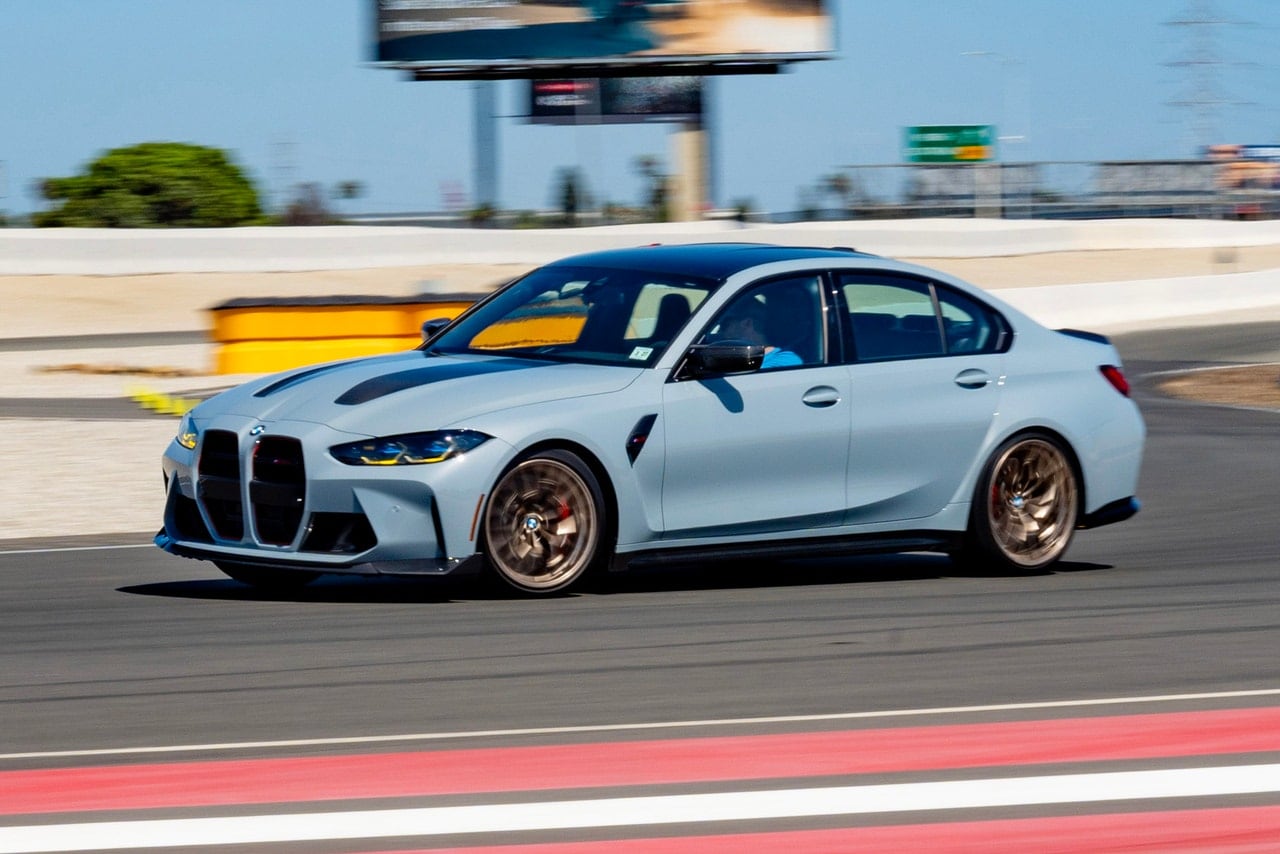


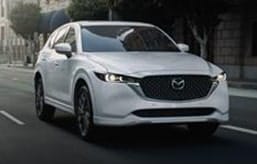
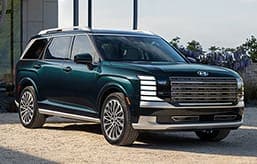
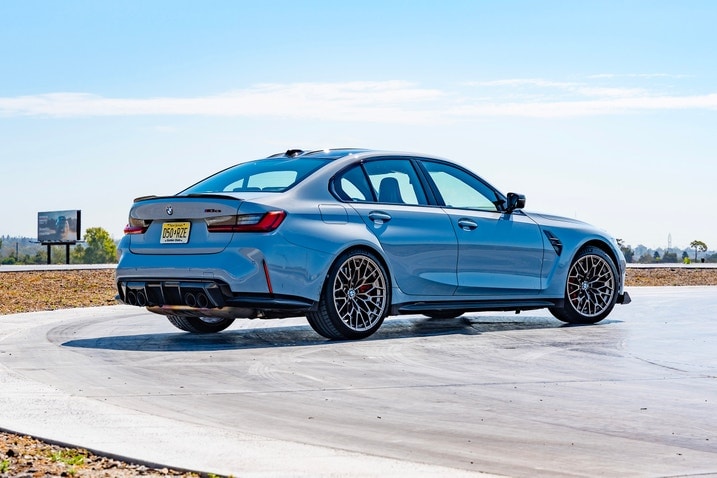

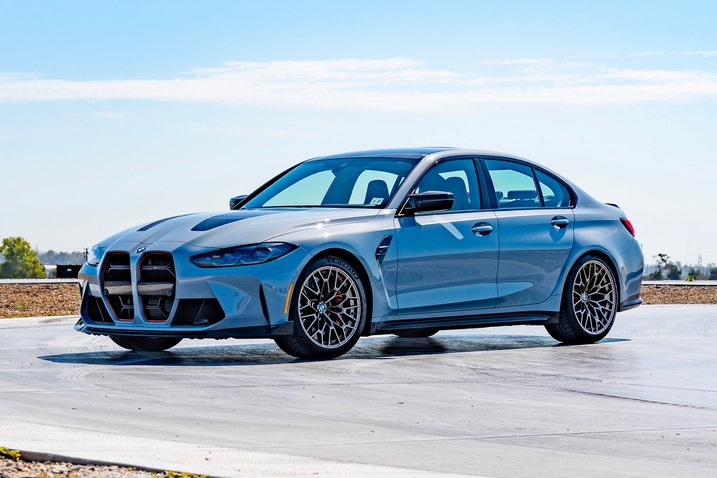
 by
by  edited by
edited by